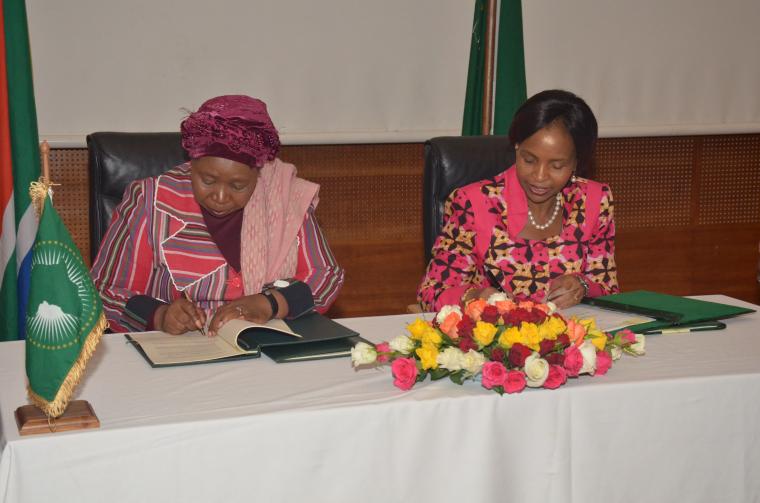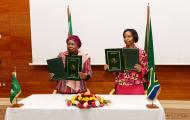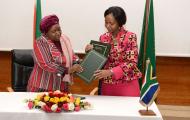Topic Resources
June 13, 2013
Report of the Chairperson of the Commission on the Situation in Somalia
February 10, 2022
Agenda 2063 is Africa’s development blueprint to achieve inclusive and sustainable socio-economic development over a 50-year period.
September 06, 2025
September 06, 2025
Strategic Intervention Axis 1: Enhancing leadership, governance and political commitment
August 25, 2025
EXECUTIVE SUMMARY OF THE AFRICA REGIONAL INTEGRATION REPORT (ARI)
September 06, 2025
September 06, 2025
September 06, 2025




